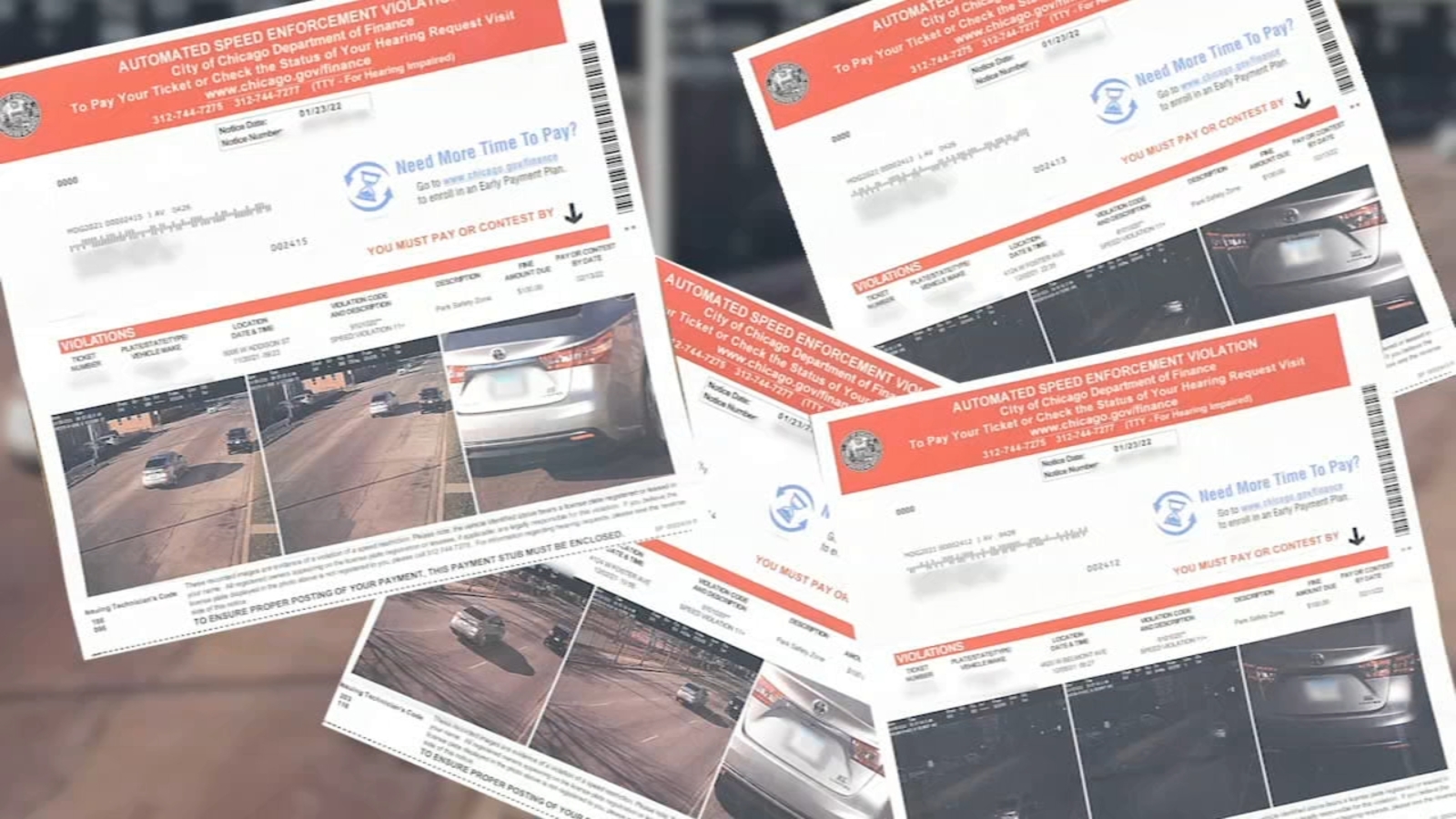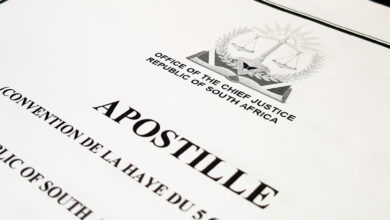Under the Radar: The Real Cost of a Speeding Ticket

Speeding tickets are citations issued by law enforcement officers to motorists who violate speed limits. They’re a common form of traffic ticket and, apart from immediate financial repercussions, can have a significant impact on a person’s driving record.
A driving record, maintained by the Department of Motor Vehicles, documents a driver’s history, including all traffic violations and incidents.
Simply put, your driving record is your ‘report card’ for how you behave on the road, and speeding tickets can be a major black mark on that record.
Understanding the implications of speeding tickets is necessary for all motorists. Ignorance of the consequences can lead to compounding penalties, heightened insurance premiums, and even loss of driving privileges in severe cases.
This article aims to educate readers about the long-term impact of speeding tickets on driving records. It also seeks to offer practical advice on how to handle and prevent such penalties, ultimately promoting safer and more responsible driving habits.
An Overview of Speeding Tickets

A speeding ticket, as defined by law, is a penalty issued by a law enforcement officer to a motorist who has been caught exceeding the speed limit. Speed limits vary from jurisdiction to jurisdiction and can be based on various factors, including the type of road, weather conditions, and local traffic laws.
The process of issuing a speeding ticket generally involves a traffic stop where the officer informs the driver about the violation, writes a ticket, and hands it to the driver. When faced with such a ticket, motorists might turn to speeding ticket lawyers to help contest the ticket when they believe it was unfairly issued.
Common penalties associated with speeding tickets can range greatly. In many cases, these penalties are financial, with fines increasing proportionally to the speed at which the motorist was driving above the limit.
Some jurisdictions also employ systems where drivers receive points on their driving record for each speeding ticket. Accumulated points may lead to steeper insurance rates or, in some instances, a suspended license.
Impact of Speeding Tickets on Driving Records
Driving records, also known as motor vehicle reports or driving abstracts, provide a detailed overview of a motorist’s driving history. These records are maintained and managed by the respective state’s Department of Motor Vehicles.
Certain actions, like speeding violations, are reported on this record, indicating if any violations or accidents have occurred involving the driver. Hence, a speeding ticket, as a traffic violation, is documented on this record.
The effect of a speeding ticket on your driving record does not always carry the same weight. Many factors, including the severity of the offense and frequency of violations, play a role. For instance, a citation for driving a few miles over the limit would generally have less impact compared to one received for exceeding the speed limit significantly.
Repeated offenses can contribute to an escalating point system on your driving record, leading to more severe penalties like higher insurance premiums or even license suspension. Long-term implications might also include a driver’s eligibility for certain job positions, especially those requiring impeccable records, such as professional driving jobs.
Ways to Remove Speeding Tickets from Driving Records

While having a speeding ticket on your driving record isn’t ideal, it’s possible to mitigate the impact in certain circumstances. Multiple methods exist for removing points from a driving record, each with its own set of procedures and challenges.
Some jurisdictions offer the possibility to erase an offense from the record after a specific period of safe driving; others may have formal processes through which drivers can apply for the removal of points.
Enrolling in a traffic school or defensive driving course is among the most common strategies for point removal. Many states specifically offer point reduction or removal for completion of approved safe driving courses. Some of these require in-person attendance, while others can be completed online.
The overall objective of these programs is to educate drivers about road safety and traffic laws, reinforcing good driving habits. Staying on top of legal processes is also important. This can include correctly filing paperwork related to the speeding ticket and understanding the timeframe in which you need to respond.
Strategies to Avoid Speeding Tickets

Adherence to traffic laws is the foundation of safe and disciplined driving. These laws are in place to maintain order and prevent accidents on the road. Speed limits, in particular, are designed keeping varying factors such as type of road, traffic volume, and pedestrian safety in mind.
Therefore, one of the most surefire ways of avoiding speeding tickets is by adhering strictly to speed limits. Understanding and complying with these laws not only keep you on the right side of the law but also contribute to overall road safety.
Some practical tips to avoid speeding include regularly checking your speedometer, especially when transitioning between different speed zones, using cruising control when applicable, and ensuring your vehicle’s speedometer is accurately calibrated.
It’s also beneficial to allow plenty of time for traveling to reduce the urge to speed out of haste. Embracing safe driving practices has a host of benefits.
Not only does it keep your driving record clean, but also reduces the risk of accidents, keeps insurance premiums low, and contributes to a safer, smoother driving environment for everyone on the road.
Every driver needs to understand the implications of speeding tickets on driving records. By observing traffic laws, practicing safe driving habits, and correctly handling any infractions, it’s possible to maintain a clean driving record.
Being informed and exercising caution on the roads not only keeps you and others safe but also helps to avoid unnecessary financial burden and stress.




